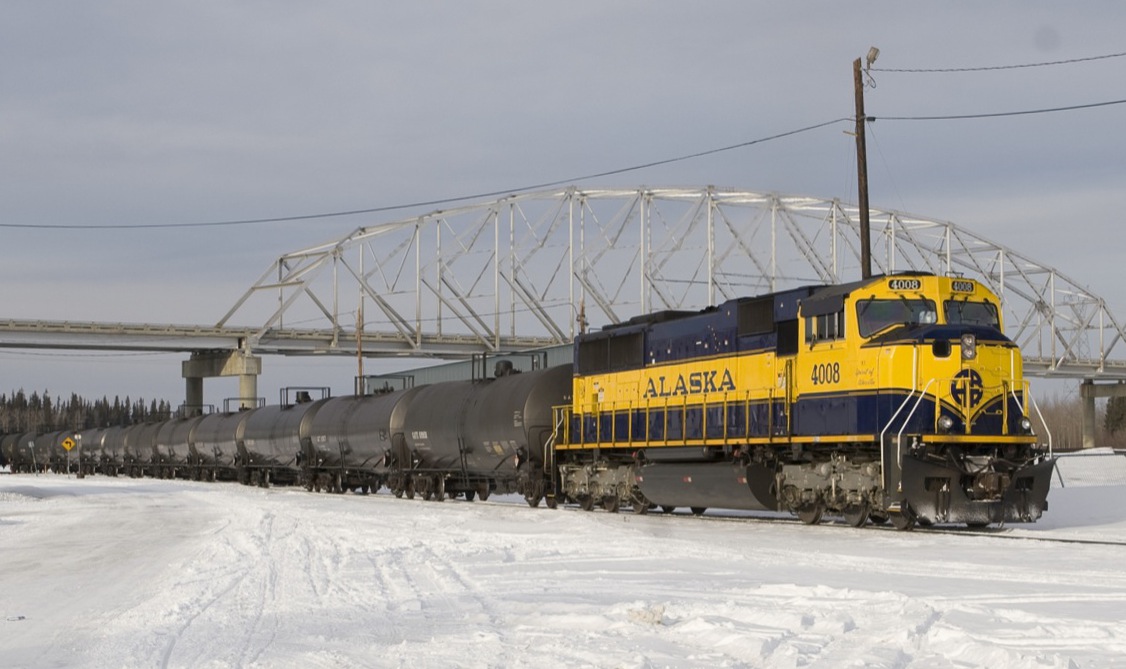|
Vala Halt
Vala, originally spelt ''Valla'', is a closed halt on the Algarve line in the Silves municipality, Portugal Portugal, officially the Portuguese Republic, is a country on the Iberian Peninsula in Southwestern Europe. Featuring Cabo da Roca, the westernmost point in continental Europe, Portugal borders Spain to its north and east, with which it share .... It is part of the section from Silves to Ferragudo, which opened on 15 February 1903. References Railway stations in Portugal opened in 1903 Algarve line {{Portugal-transport-stub ... [...More Info...] [...Related Items...] OR: [Wikipedia] [Google] [Baidu] |
Linha Do Algarve
Linha do Algarve is a Rail transport, railway line in the region of Algarve, in southern Portugal, which connects the stations of Lagos railway station, Lagos to the west and Vila Real de Santo António railway station, Vila Real de Santo António to the east of the Portuguese region. Geography The line runs east to west along the south, southern municipalities of the Algarve, except for part of Lagos, Portugal, Lagos municipality and all of Vila do Bispo, Vila do Bispo municipality which doesn't have railway. The main stations are Vila Real de Santo António railway station, Vila Real de Santo António, Tavira railway station, Tavira, Olhão railway station, Olhão, Faro railway station, Faro, Albufeira railway station, Albufeira, Tunes railway station, Tunes, Silves railway station, Silves, Portimão railway station, Portimão and Lagos railway station, Lagos. Other stations include Fuseta, Bom João (Faro), Almancil, Algoz halt, Algoz and Estômbar railway station, Estôm ... [...More Info...] [...Related Items...] OR: [Wikipedia] [Google] [Baidu] |
Silves, Portugal
Silves (), officially the City of Silves (), is a city and municipality in the Portuguese region of Algarve, in southern Portugal. The population of the entire municipality of Silves in 2011 was 37,126, in an area of 680.06 km2. The urbanized area of the city proper has approximately 11,000 inhabitants. Silves is the former capital of the Kingdom of the Algarve (1249–1910), a nominal kingdom within the Kingdom of Portugal (1139–1910), and is of great historical importance. History The region of Silves has been inhabited since the Palaeolithic, as attested by archaeological remains, including several menhirs. The river Arade, which was navigable in historical times, linked the hinterland to the open ocean and allowed the transport of produce and commerce. The town of Silves (''Cilpes'') was possibly founded during the times of Roman domination, when the region was part of the Lusitania province. It was probably a Lusitanian Castro in pre-Roman times; however the r ... [...More Info...] [...Related Items...] OR: [Wikipedia] [Google] [Baidu] |
Portugal
Portugal, officially the Portuguese Republic, is a country on the Iberian Peninsula in Southwestern Europe. Featuring Cabo da Roca, the westernmost point in continental Europe, Portugal borders Spain to its north and east, with which it shares Portugal-Spain border, the longest uninterrupted border in the European Union; to the south and the west is the North Atlantic Ocean; and to the west and southwest lie the Macaronesia, Macaronesian archipelagos of the Azores and Madeira, which are the two Autonomous Regions of Portugal, autonomous regions of Portugal. Lisbon is the Capital city, capital and List of largest cities in Portugal, largest city, followed by Porto, which is the only other Metropolitan areas in Portugal, metropolitan area. The western Iberian Peninsula has been continuously inhabited since Prehistoric Iberia, prehistoric times, with the earliest signs of Human settlement, settlement dating to 5500 BC. Celts, Celtic and List of the Pre-Roman peoples of the Iberia ... [...More Info...] [...Related Items...] OR: [Wikipedia] [Google] [Baidu] |
Silves Railway Station
Silves is a railway station on the Algarve line which serves Silves, Portugal Silves (), officially the City of Silves (), is a city and municipality in the Portuguese region of Algarve, in southern Portugal. The population of the entire municipality of Silves in 2011 was 37,126, in an area of 680.06 km2. The urbanize .... It opened on 1 February 1902. The station is now without staff. As of May 2024, electrification of the Tunes to Portimão section of the railway is under way, with completion expected by the end of 2024. The station has been modernised in readiness, with high platforms and new lighting. References Railway stations in Portugal opened in 1902 Algarve line {{Portugal-transport-stub ... [...More Info...] [...Related Items...] OR: [Wikipedia] [Google] [Baidu] |
Ferragudo Halt
Ferragudo is a halt on the Linha do Algarve, Algarve Line in the Lagoa, Algarve, Lagoa municipality, Portugal. It was opened on 15 February 1903, under the name Portimão. After the construction and opening of the Portimão Railway Bridge and Portimão railway station, station, in 1922, the name was changed to Ferragudo. Services This halt is used by regional trains, operated by Comboios de Portugal. References Railway stations in Portugal opened in 1903 Algarve line {{Portugal-transport-stub ... [...More Info...] [...Related Items...] OR: [Wikipedia] [Google] [Baidu] |
Railway Stations In Portugal Opened In 1903
Rail transport (also known as train transport) is a means of transport using wheeled vehicles running in tracks, which usually consist of two parallel steel rails. Rail transport is one of the two primary means of land transport, next to road transport. It is used for about 8% of passenger and freight transport globally, thanks to its energy efficiency and potentially high speed.Rolling stock on rails generally encounters lower frictional resistance than rubber-tyred road vehicles, allowing rail cars to be coupled into longer trains. Power is usually provided by diesel or electric locomotives. While railway transport is capital-intensive and less flexible than road transport, it can carry heavy loads of passengers and cargo with greater energy efficiency and safety. Precursors of railways driven by human or animal power have existed since antiquity, but modern rail transport began with the invention of the steam locomotive in the United Kingdom at the beginning of the 19th c ... [...More Info...] [...Related Items...] OR: [Wikipedia] [Google] [Baidu] |



